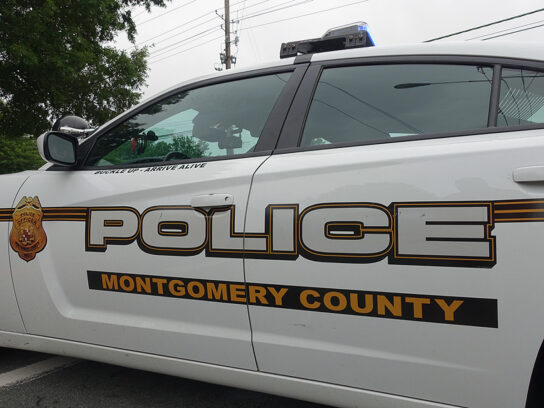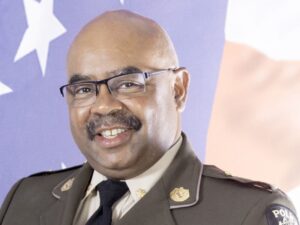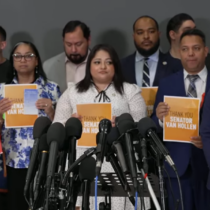
Members of the Montgomery County Council discussed the use of force, choke and neck holds, no knock warrants and other controversial police tactics during their July 9 public safety committee meeting.
The committee plans to update certain police policies in light of local and nationwide police abuse incidents, especially the death of George Floyd Jr. after a Minneapolis police officer knelt on his neck for almost nine minutes as he lay handcuffed on the ground.
Some councilmembers expressed concern over the use of no knock warrants, which when granted by a judge, allow police officers to enter a person’s residence without knocking or identifying themselves.
Happening now—Tune into the Public Safety Committe as they review Expedited Bill 27-20, Police – Regulations – Use of Force Policy. Follow the Council staff report https://t.co/6iDe3upHd3 . Watch @CountyCableMoCo on Facebook or YouTube https://t.co/voiH3muRzm . https://t.co/S5gvx5anu3
— Montgomery Council (@MoCoCouncilMD) July 9, 2020
Recently, Montgomery County Police Department’s SWAT team used no knock warrants that resulted in the death of Duncan Lemp, when police entered his Potomac home without announcing themselves in March. And in a September 2019 incident, a Silver Spring family said MCPD had a no knock warrant when officers used excessive force, entering their home in the middle of the night, holding them at gunpoint and handcuffing them.
This type of warrant is only used by the SWAT team and only when officers fear for their safety, explained MCPD Chief Marcus Jones.
Annually, the police department executives about 600 warrants of which between 15 and 20 percent are no knock warrants, Jones said. Since the 1980s, MCPD has only had three shootings in connection with no knock warrants, and only one resulted in death, Jones told committee members.
While acknowledging that these warrants may be necessary in hostage situations, some councilmembers seemed uncomfortable with them.
“We need to restrain these no knock warrants as much as possible,” said Councilmember Will Jawando, who attended Thursday’s committee hearing but is not a member of the committee.
Similar comments were made regarding the possible elimination of neck and choke holds.
According to Jones, MCPD doesn’t use them and these holds aren’t part of the training officers receive. However, he said, “If an officer is in the fight of his life,” eliminating this tactic means, “You are really putting the officer’s life in danger.”
Some councilmembers questioned whether an officer should attempt to get in front of or fire at a moving car.
Both of these tactics are not permitted by MCPD, Jones said. However, both Jones and some members of council wondered, what if a car was being driven by a terrorist and headed straight into a crowd.
Also discussed was the use of force against a person already restrained and handcuffed. While Jones said it should not be done, he did point out that some people have gotten out of their handcuffs or jumped from a police vehicle and could grab an officer’s weapon.
Other topics included the use of force against a fleeing suspect and treatment of people with disabilities.
This discussion, which lasted almost three hours, also covered whether any policy directives needed to be a part of the collective bargaining agreement.
The proposed policy directive is still a work in progress, but it appears the council will be including minimum standards that must be met before officers can use deadly force, neck restraints and no knock warrants.
Minimum standards discussed include using force as a last resort to prevent serious injury or death to an officer or another person and when other reasonable alternatives are exhausted.



Comments are closed.